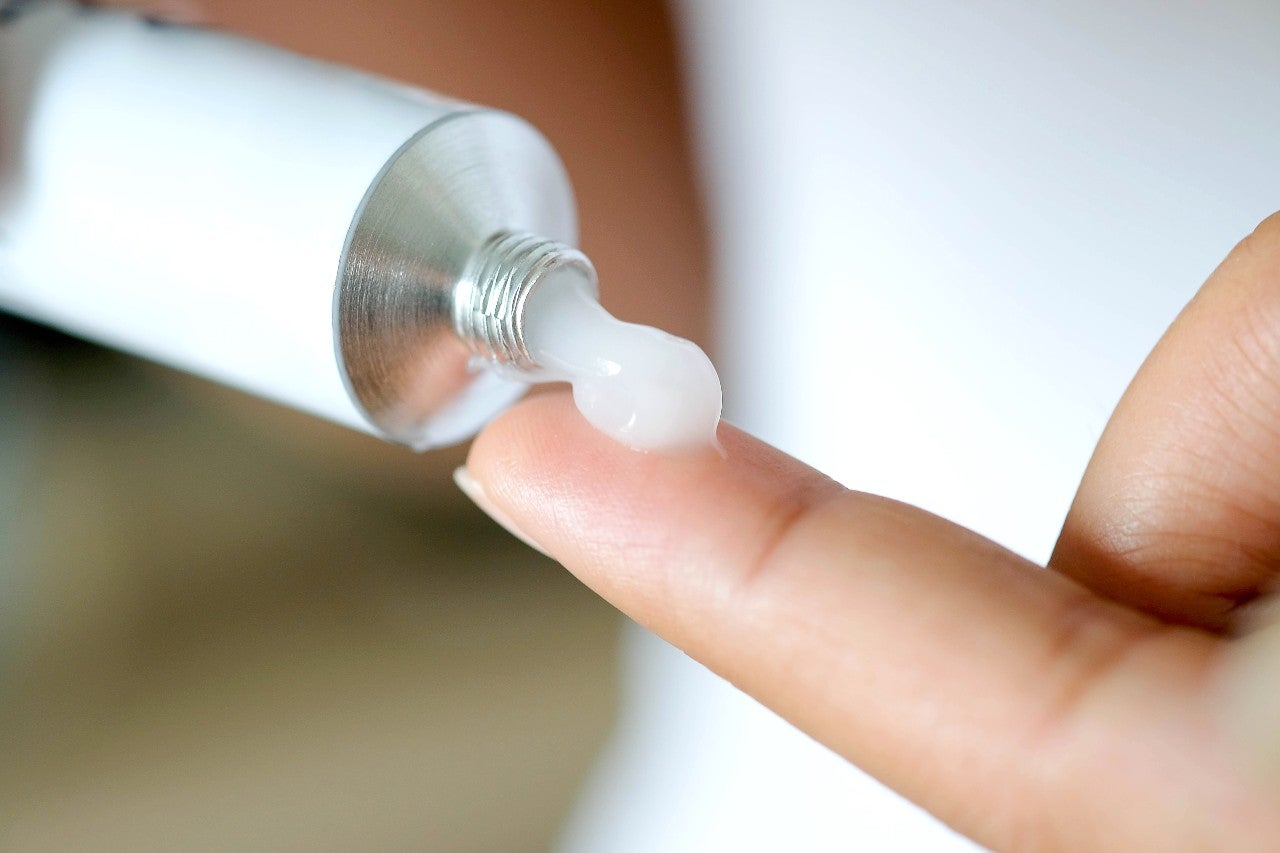
Quaternary ammonium compounds, commonly known as Quats, are a group of cationic surfactants with a high level of antibacterial activity and an important role to play in the pharmaceutical industry. Key examples include Benzalkonium Chloride (BCK), Cetrimide, and Cetrimonium Bromide (CTAB), but how do they work and when are they used?
Quats’ alkyl chains have a great affinity for bacterial membranes. Their positively charged ions bind to the negatively charged outer membranes of the pathogen and disrupt its intermolecular interactions. In addition to gram+ and gram- bacteria, Quats are also effective against moulds, yeasts and viruses such as HIV, herpes, and coronavirus.
Quats are miscible with water or lower alcohols such as methanol, ethanol and propanol. The length of the alkyl chain length affects the different properties of Quats. A shorter chain length is associated with higher antimicrobial activity but higher levels of skin sensitivity, as well as greater solubility in water. It is worth noting that mixing Quats with ordinary soaps and/or with anionic detergents may decrease their antimicrobial activity through a neutralising effect.
Furthermore, Quats supplied by Novo Nordisk Pharmatech do not add unwanted colour or odour to finished formulations. They are non-volatile and documented stable for five years. They are easy to formulate and relatively non-toxic when formulated as recommended by authorities. These advantages combine with the efficacy of Quats to make them a staple ingredient for the pharmaceutical industry.
Applications
Topical products and medical devices
There are a wide range of pharmaceutical applications for Quats. Many of these are in topical products such as antiseptic liquids, creams, and gels. Benzalkonium Chloride (BKC) is used in cleansing solutions to disinfect skin, mucous membranes, and wounds. Meanwhile, BKC, Cetrimide, and CTAB are common antiseptic ingredients used in the treatment of specific skin conditions such as eczema, psoriasis, acne, and nappy rash.
Since Quats are used so widely in the gels and creams applied to wounds, it isn’t surprising that they are also used directly by the medical device industry in wound care products like gauzes, wipes, plasters, and patches. Manufacturers can impregnate their products with a BKC solution to cleanse the wound and to prevent or treat infections. Similarly, Quats can be used on the surface of medical devices like catheters in order to reduce the risk of a healthcare-associated infection like sepsis.
Another topical application for Quats is alcohol-free hand sanitisers used to fight against the spread of infections like SARS-Cov-2. Able to deactivate more than just pathogens, Quats are also an active pharmaceutical ingredient (API) in many spermicidal products such as gels, creams, foams, sponges, and soft capsules.
Oral products, ophthalmics, and nasal sprays
When it comes to products formulated for the mouth, throat, eyes, and nose, BKC is the antimicrobial ingredient of choice. In oral and dental formulations, it can be found as both an API and excipient in lozenges, mouth sprays and rinses, gels and creams for herpes, cold sores, and gum pain.
In addition, most multidose ophthalmic and nasal spray preparations use BKC as an antimicrobial preservative. These types of products are highly prone to contamination, potentially compromising the safety and efficacy of the formulation. BKC protects the patient from these risks by maintaining the stability of the product.
Vaccine manufacturing
In vaccine manufacturing, Quats play a different role. CTAB is recommended as a purification agent during downstream processing, particularly of polysaccharide vaccines. Here, Quats are not active ingredients but important processing aids, helping manufacturers eliminate contaminants and impurities from the cultured antigen and ‘freeing up’ the polysaccharides from the substrate.
Sourcing cGMP-manufactured Quats
Pharmaceutical formulations require only the purest and safest ingredients to eliminate any risks for the patient. The same is essential in vaccine manufacturing, even in the case of processing aids. High-quality raw ingredients form the base of a high-quality medicinal product, and finding suppliers of pharmaceutical-grade ingredients that comply with even the strictest of regulatory guidelines is the way to achieve this.
Novo Nordisk Pharmatech is the world’s leading supplier of pharmaceutical-grade quaternary ammonium compounds. The company’s manufacturing site in Køge, Denmark is cGMP-certified, with tightly controlled processes from the beginning to the end ensuring a pure, high-quality, and consistent end-product for pharmaceutical customers. An extensive range of documentation is offered to customers to help them meet the regulatory requirements for their products.
Novo Nordisk Pharmatech’s expertise with Quats helps the company secure the quality of its products. The company offers Quats products with completely well-defined alkyl chain length distributions, including both standard and customised chain lengths.
To find out more about Novo Nordisk Pharmatech and its pharmaceutical-grade Quats products, download the whitepaper below.


